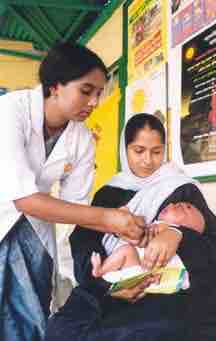The Role of Gender in Health
Gender is a range of characteristics used to distinguish between males and females, particularly in the cases of men and women and the masculine and feminine attributes assigned to them. Depending on the context, the discriminating characteristics vary, from sex to social role to gender identity. The World Health Organization defines gender as the result of socially constructed ideas about the behavior, actions, and roles a particular sex performs. Assigning gender involves taking into account the physiological and biological attributes assigned by nature followed by socially constructed conduct. The social label of being classified into one or the other sex is obligatory to the medical stamp on the birth certificate.
There are a number of ways in which health disparities play out based on different systems of stratification. Researchers also find health disparities based on gender stratification. One study found that women are less likely than men to be recommended for knee replacement surgery, even when they have the same symptoms. While it was unclear what role the sex of the recommending physicians played, the authors of this study encouraged women to challenge their doctors in order to get care equivalent to men.
Gender, and particularly the role of women, is widely recognized as vitally important to international development issues. This often means a focus on gender-equality, ensuring participation, but includes an understanding of the different roles and expectations of the genders within the community. As recognized by the United Nations, women's dual responsibilities as carers and income earners leaves them suffering from time poverty, and thus unable to access health and education services. The Gender-related Development Index (GDI), developed by the United Nations, aims to show the inequalities between men and women in the following areas: long and healthy life, knowledge, and a decent standard of living.

Immunization for Babies
Immunizations from various diseases have improved health worldwide.